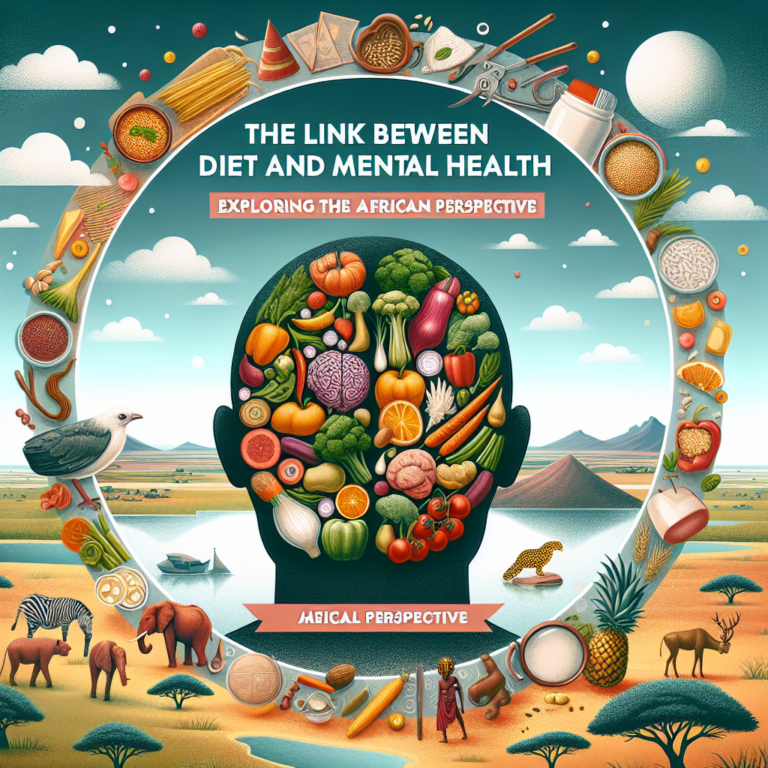mental health challenges continue to be a significant issue in Africa, with limited access to resources and stigma surrounding mental health often hindering individuals from seeking help. While there is a growing recognition of the importance of mental health in the region, there is still a lack of adequate support and services for those in need.
One potential avenue for addressing mental health challenges in Africa is through nutrition interventions. Research has shown a strong link between nutrition and mental health, with certain nutrients playing a crucial role in maintaining optimal brain function and mental well-being. Inadequate nutrition can lead to cognitive impairments, mood disorders, and other mental health issues.
In many parts of Africa, malnutrition and food insecurity are major concerns. A lack of access to nutritious foods can contribute to poor mental health outcomes. Nutrient deficiencies, such as vitamin B12, omega-3 fatty acids, and iron, have been linked to depression, anxiety, and other mental health disorders. By addressing nutritional deficiencies and promoting a balanced diet, it is possible to improve mental health outcomes in the region.
One approach to addressing mental health challenges through nutrition interventions is through the promotion of locally available, nutrient-rich foods. Traditional African diets are often rich in fruits, vegetables, whole grains, and lean protein sources. By promoting the consumption of these foods, individuals can increase their intake of essential nutrients that support mental health.
Additionally, community-based nutrition programs can play a crucial role in addressing mental health challenges in Africa. These programs can provide education on the importance of nutrition for mental health, as well as support individuals in making healthy food choices. By working with local farmers and food suppliers, these programs can also increase access to nutritious foods in underserved communities.
Furthermore, integrating nutrition interventions into mental health treatment programs can enhance outcomes for individuals struggling with mental health issues. Nutritional counseling and support can complement traditional therapy and medication, providing a more holistic approach to mental health care.
Overall, addressing mental health challenges in Africa through nutrition interventions requires a multi-faceted approach that involves promoting healthy eating habits, addressing nutrient deficiencies, and integrating nutrition into mental health care services. By prioritizing nutrition as a key component of mental health care, it is possible to improve outcomes and support individuals in achieving better mental well-being in the region.










